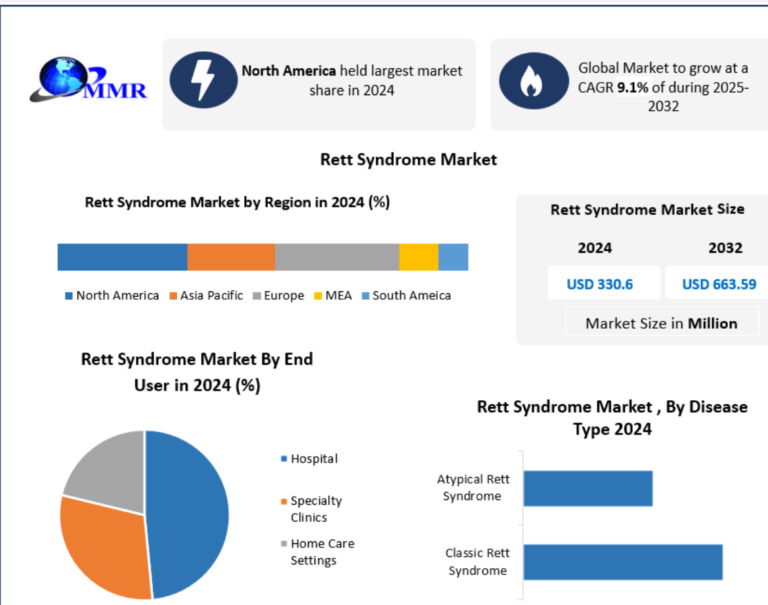As blockchain adoption grows across industries, crypto consulting has evolved from a niche advisory service to a critical driver of success in Web3 ventures. Whether you’re launching a token, building a decentralized application, or integrating blockchain into legacy infrastructure, a crypto consulting engagement can help you navigate technical complexities, regulatory frameworks, and go-to-market challenges.
But what really happens behind closed doors during a crypto consulting engagement? While businesses often see the results—whitepapers, token launches, audits, and successful fundraising—the process is far more intricate. This blog unpacks the full lifecycle of a crypto consulting engagement and sheds light on how top-tier firms work behind the scenes to bring blockchain projects to life.
Discovery and Alignment: Defining the Engagement Scope
Every consulting journey begins with a deep discovery phase. During this stage, consultants engage with the client’s stakeholders to understand their vision, business model, and market objectives. For early-stage startups, this could mean refining a conceptual idea into a viable business framework. For enterprises, it may involve integrating blockchain into existing operations or launching an internal digital asset.
This stage is all about strategic alignment. Consultants identify what’s feasible, what’s missing, and what can be achieved in the given timeline and budget. A thorough assessment of the client’s needs, blockchain use cases, and expected outcomes lays the foundation for the roadmap ahead. Technical readiness, regulatory exposure, and product maturity are also evaluated to shape a customized engagement strategy.
Market Research and Competitive Analysis
Once alignment is established, consultants begin gathering data on the target market. This includes competitive analysis, token benchmarking, regulatory landscape research, and identifying current trends in the client’s niche. Whether it’s DeFi, NFTs, RWA tokenization, or Layer-1 infrastructure, crypto consultants assess the demand, user expectations, and monetization opportunities.
This research serves two purposes. First, it ensures the client is not reinventing the wheel. Second, it allows the consulting firm to position the project with a clear value proposition. Understanding how similar projects succeeded or failed is critical for crafting sustainable strategies.
Tokenomics Design and Blockchain Architecture
One of the most crucial deliverables in a crypto consulting engagement is tokenomics. A consulting firm typically assigns token economists to model the token’s supply, distribution, utility, and incentives. The goal is to ensure the token promotes long-term engagement, liquidity, and ecosystem growth—without destabilizing the market.
In parallel, blockchain architects define the technical stack. This includes choosing the right blockchain protocol, consensus mechanism, and smart contract infrastructure. Factors such as scalability, interoperability, transaction cost, and developer ecosystem are taken into account.
Whether the project is being built on Ethereum, Solana, Polygon, or a private enterprise chain, crypto consultants tailor the tech architecture to support product scalability and security.
Legal and Regulatory Compliance Planning
A key behind-the-scenes aspect of any crypto consulting engagement is regulatory advisory. Crypto consultants work with legal partners or in-house experts to ensure the project complies with relevant laws. Jurisdictional strategy is often the first step—selecting the right country for registration or launch based on token classification, AML/KYC requirements, and data protection laws.
Consultants assist in evaluating whether the token qualifies as a utility, security, or governance asset. Based on this classification, they guide whitepaper disclaimers, token sale processes, and investor onboarding policies. They also help clients navigate international compliance standards, especially if the project targets global markets.
This legal planning helps protect clients from regulatory pitfalls and positions the project for long-term operational stability.
Whitepaper and Documentation Development
After legal alignment and tokenomics planning, the consulting firm begins developing core documentation. This includes the whitepaper, tokenomics paper, pitch deck, roadmap, and lightpaper. These documents serve different audiences—from investors to community members to developers—and need to be technically sound yet easy to understand.
Behind the scenes, multiple teams often collaborate on these deliverables. Economists write the token structure, developers detail the technical features, legal advisors help with disclaimers, and strategists contribute market context. Consultants also run competitive audits to ensure the client’s documents are on par with leading projects in the space.
This phase is often iterative, with multiple rounds of review and feedback before finalization.
Product Strategy and MVP Roadmapping
No blockchain product can scale without a well-defined MVP (Minimum Viable Product). Crypto consultants work closely with product managers and technical leads to outline a realistic MVP roadmap. This includes defining the core features, choosing a tech stack, and setting development milestones.
The consulting team also advises on how to balance decentralization goals with market-ready execution. For example, should the MVP launch with a centralized backend before gradually moving to a DAO structure? Should token utility be baked into the MVP or phased in later? These are critical strategic decisions that affect cost, speed, and adoption.
This phase often involves cross-functional collaboration between the consulting firm’s developers, designers, and strategy leads, ensuring that the MVP aligns with both technical feasibility and market demand.
Marketing and Community-Building Support
While crypto consulting is often associated with technical and legal guidance, marketing plays a vital behind-the-scenes role. Consultants help define the project’s brand voice, community engagement strategy, and launch plan. They may not run full campaigns, but they ensure that marketing is baked into the DNA of the product roadmap.
This includes crafting narratives for Twitter, Telegram, Discord, Reddit, and Web3-native platforms like Mirror or Farcaster. Consultants guide the client in managing influencers, AMAs, partnerships, and bounty programs—laying the foundation for an active and loyal community.
Moreover, consultants may assist in preparing for centralized exchange (CEX) listings or decentralized exchange (DEX) liquidity pools, ensuring the token’s launch aligns with market expectations.
Fundraising and Investor Pitch Preparation
Crypto consultants often support fundraising strategies, especially for early-stage startups. Behind the scenes, they help refine the pitch, align tokenomics with investor incentives, and structure the token sale phases. Whether the client is pursuing a private sale, seed round, or public IDO/ICO, consultants assist in creating a compelling narrative that speaks to investors’ goals.
They also help shortlist VCs and angel investors in the crypto space, facilitate introductions, and prepare data rooms with essential documents like cap tables, token allocations, and compliance proofs.
Consultants ensure the fundraising process is legally compliant, operationally sound, and strategically aligned with the project’s long-term roadmap.
Technical Development Oversight and Testing
Even if the consulting firm doesn’t directly build the product, they often oversee its technical progress. This includes helping the client hire or outsource blockchain developers, setting up quality assurance protocols, and defining code audit timelines.
Smart contract auditing is particularly critical. Consultants coordinate third-party security audits or even perform internal code reviews to minimize vulnerabilities. They help implement testnets, simulate user interactions, and ensure the product meets security, scalability, and performance benchmarks.
This oversight helps clients avoid the all-too-common pitfalls of rushing a blockchain product to market without adequate security or stability checks.
Post-Launch Strategy and DAO Transition
A crypto consulting engagement doesn’t end at token launch. In fact, post-launch strategy is where many long-term decisions are made. Consultants guide clients on token vesting schedules, treasury management, staking mechanisms, and liquidity incentives.
If the project plans to move toward decentralization, the consulting firm helps structure a governance framework. This includes DAO (Decentralized Autonomous Organization) formation, proposal voting mechanisms, and governance token integration.
Consultants ensure that the DAO is not just a checkbox but a functioning entity with clear guidelines and community participation.
Conclusion: Behind Every Successful Web3 Project Is a Strong Consulting Backbone
What happens behind the scenes of a crypto consulting engagement is nothing short of comprehensive. From defining tokenomics and tech architecture to ensuring legal compliance and supporting post-launch governance, crypto consultants bring structure to the chaotic world of blockchain innovation.
They act as architects, strategists, economists, marketers, and legal navigators—often all at once. Whether you’re an enterprise seeking blockchain integration or a startup launching your first crypto project, a well-executed consulting engagement can make the difference between failure and long-term success.
By understanding the full lifecycle of such an engagement, businesses can set realistic expectations and fully leverage the expertise of their consulting partners. In a rapidly evolving industry like crypto, expert guidance is not just valuable—it’s essential.





